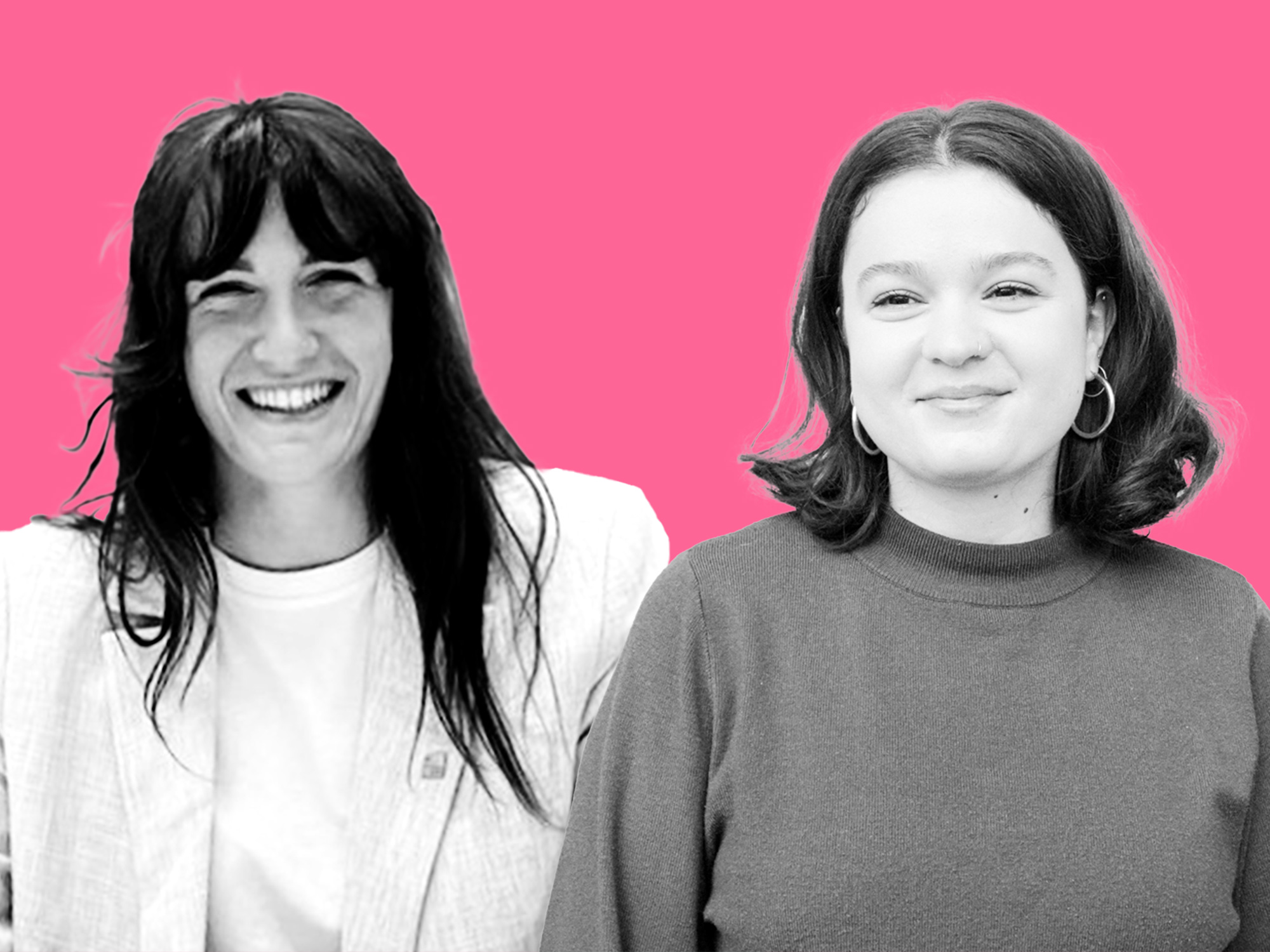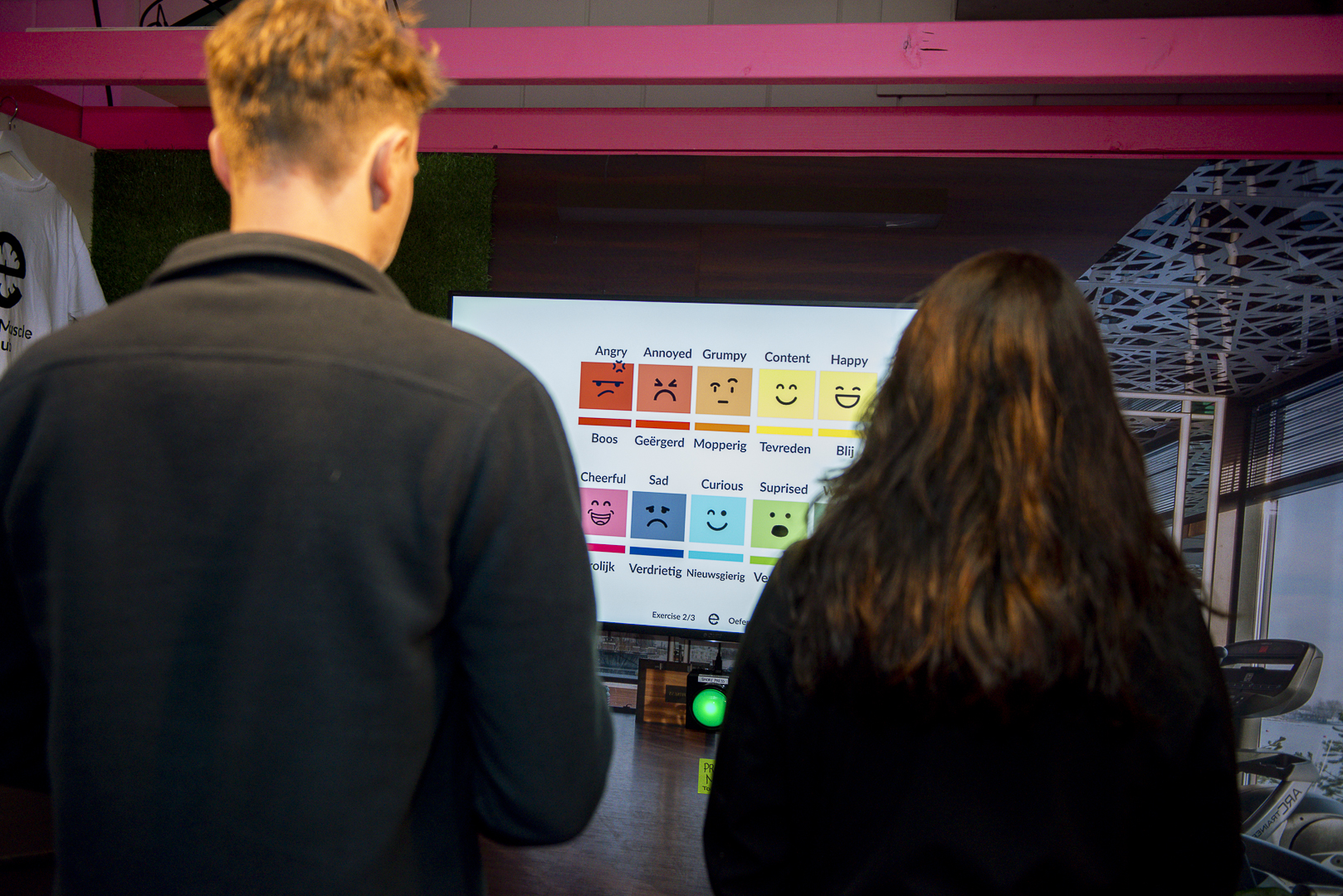Mind Muscle Club
How do you work on your mental health?
Mind Muscle Club is a welcoming and innovative place which changes how we think about mental health.
It is a place where people can work on building their mental resilience, and learn about important life
topics that are often overlooked in traditional education and healthcare settings. Unlike traditional gyms,
the mental well-being gym is not focused on physical fitness, but rather on mental fitness. This is more
important now than ever, as we face unprecedented levels of stress, anxiety, and depression.
Mind Muscle Club is designed to be a easily accessible and easy to use: a place where everyone can feel comfortable and safe. Inside the gym, people can participate in a range of activities designed to help them build their mental resilience. These might include mindfulness exercises, group therapy sessions, and workshops on topics such as assertiveness, sexuality, and sexual identity. By showcasing the first Mind Muscle Club Eindhoven at Dutch Design Week we hope to inspire everyone to look at their mental health in the same way they look at their physical health. Additionally, we hope that this installation sparks a crossover within the Dutch fitness and mental health industry. Our hope is that in the future Mind Muscle Clubs become as commonplace as physical gyms are today.
Mind Muscle Club is designed to be a easily accessible and easy to use: a place where everyone can feel comfortable and safe. Inside the gym, people can participate in a range of activities designed to help them build their mental resilience. These might include mindfulness exercises, group therapy sessions, and workshops on topics such as assertiveness, sexuality, and sexual identity. By showcasing the first Mind Muscle Club Eindhoven at Dutch Design Week we hope to inspire everyone to look at their mental health in the same way they look at their physical health. Additionally, we hope that this installation sparks a crossover within the Dutch fitness and mental health industry. Our hope is that in the future Mind Muscle Clubs become as commonplace as physical gyms are today.
About the designers

Tamay Oudhof (1998) and Floor Oomen (1998) created the Mind Muscle Club for the DDW 2023. The
concept derived from the graduation project of Floor about reducing waiting times in the youth mental
healthcare system. The most important discovery was to shift to a preventative care system. This sparked
the idea to work on your mental health just like on your physical mental health in a gym.
This concept was brought to life by Tamay and Floor in an experiential installation for the TU Delft exhibition at DDW. Our intrinsic motivation guided our design and development process. Visitors should experience our vision on mental health by stepping into the future of mental well-being gyms. Tamay and Floor also want to change the societal perspective of mental health being a negative and heavy topic and transform it to a more open and light-weighted conversation starter. We hope our installation contributes to this.
This concept was brought to life by Tamay and Floor in an experiential installation for the TU Delft exhibition at DDW. Our intrinsic motivation guided our design and development process. Visitors should experience our vision on mental health by stepping into the future of mental well-being gyms. Tamay and Floor also want to change the societal perspective of mental health being a negative and heavy topic and transform it to a more open and light-weighted conversation starter. We hope our installation contributes to this.
What we do at TU Delft
Industrial Design Engineering?
Good health is at the heart of a healthy society – a place where everyone can
participate and thrive. TU Delft Industrial Design Engineering researchers and students
contribute to this goal through their involvement in projects across the healthcare
system - from preventative care and treatment to questions of wellbeing and lifecycle.
Mental health is a topic of increasing importance. It starts with understanding how you
feel and giving your feelings a language to talk with others. Instead of the response
“good” or “fine” to the question “how are you?”, we can be more detailed to truly
understand and connect with each other. The
Emotion Typology
developed by
Professor Pieter Desmet
and collaborators is a useful tool in this process and is the basis for an
experiment at the Dream.Discover.Design weekend which will encourage visitors to
identify and openly display the way their feeling.




